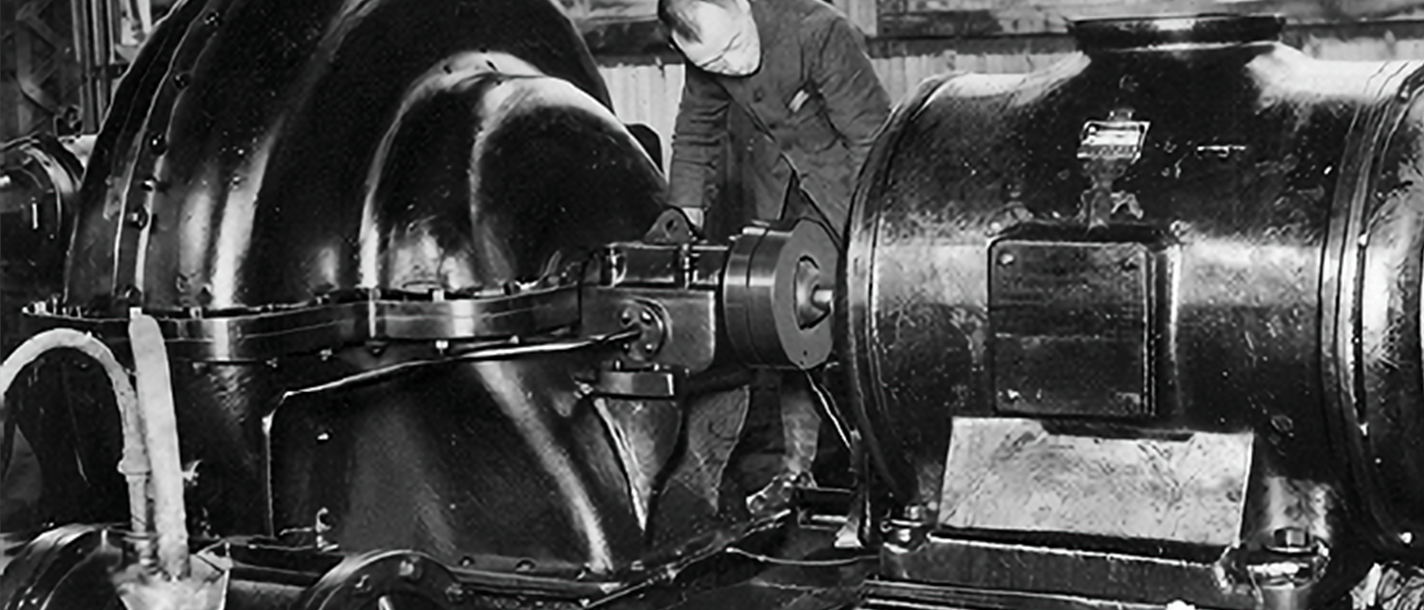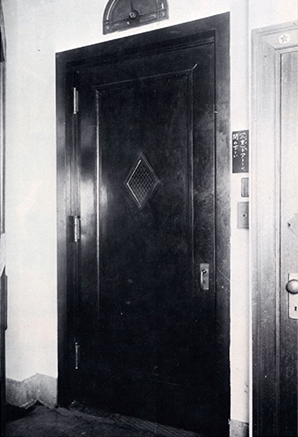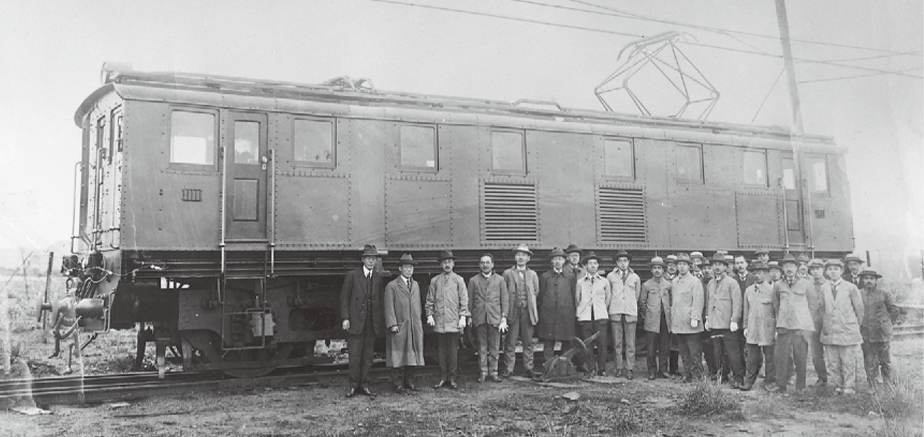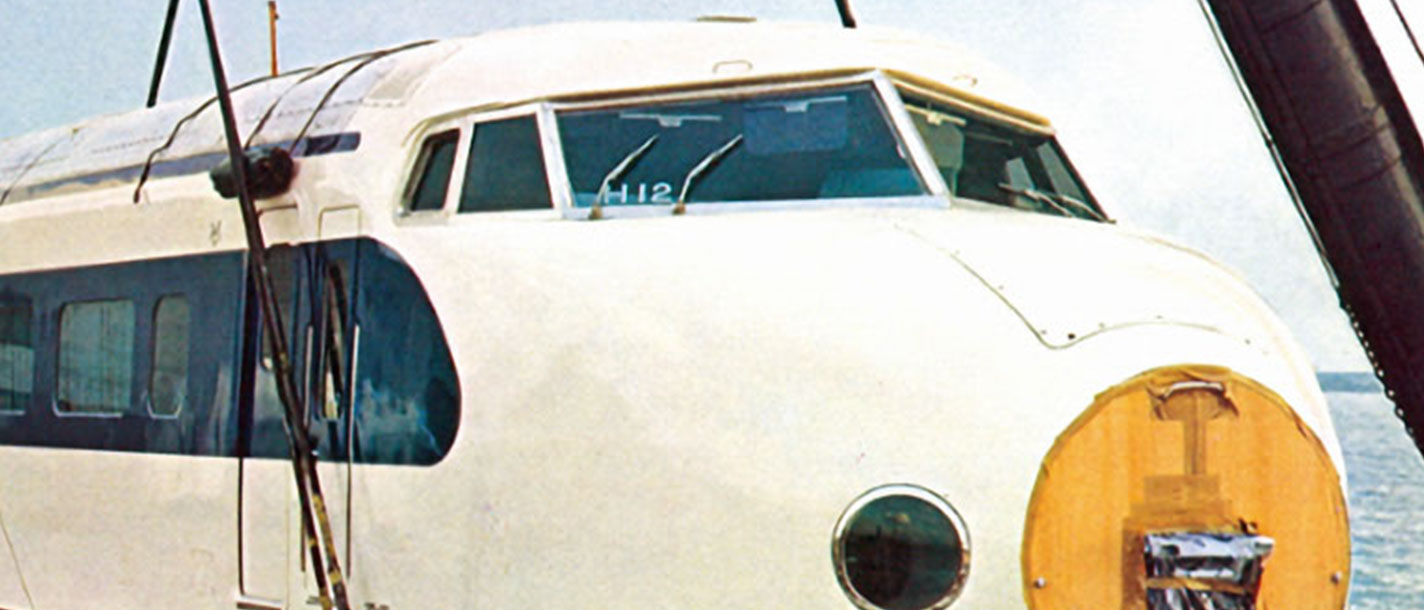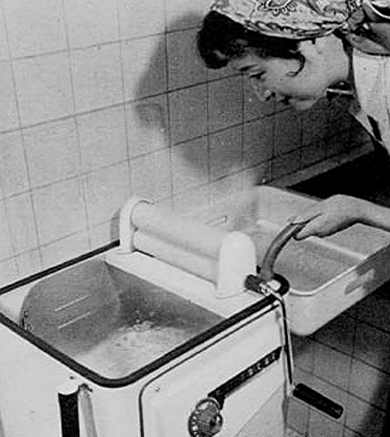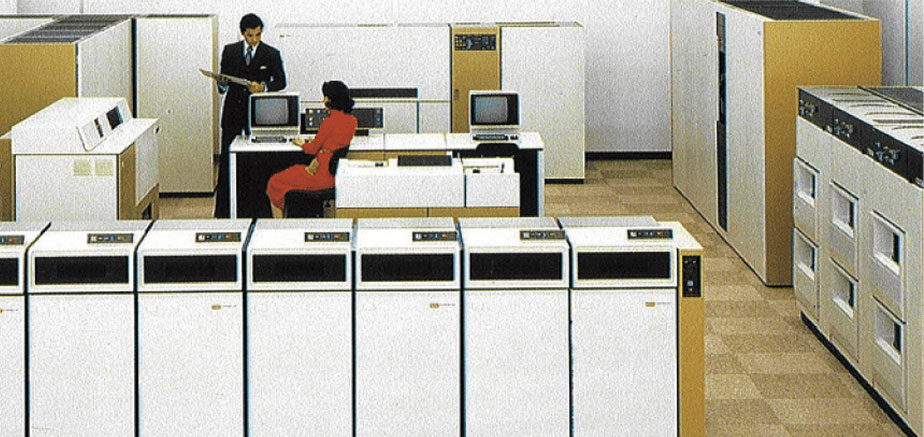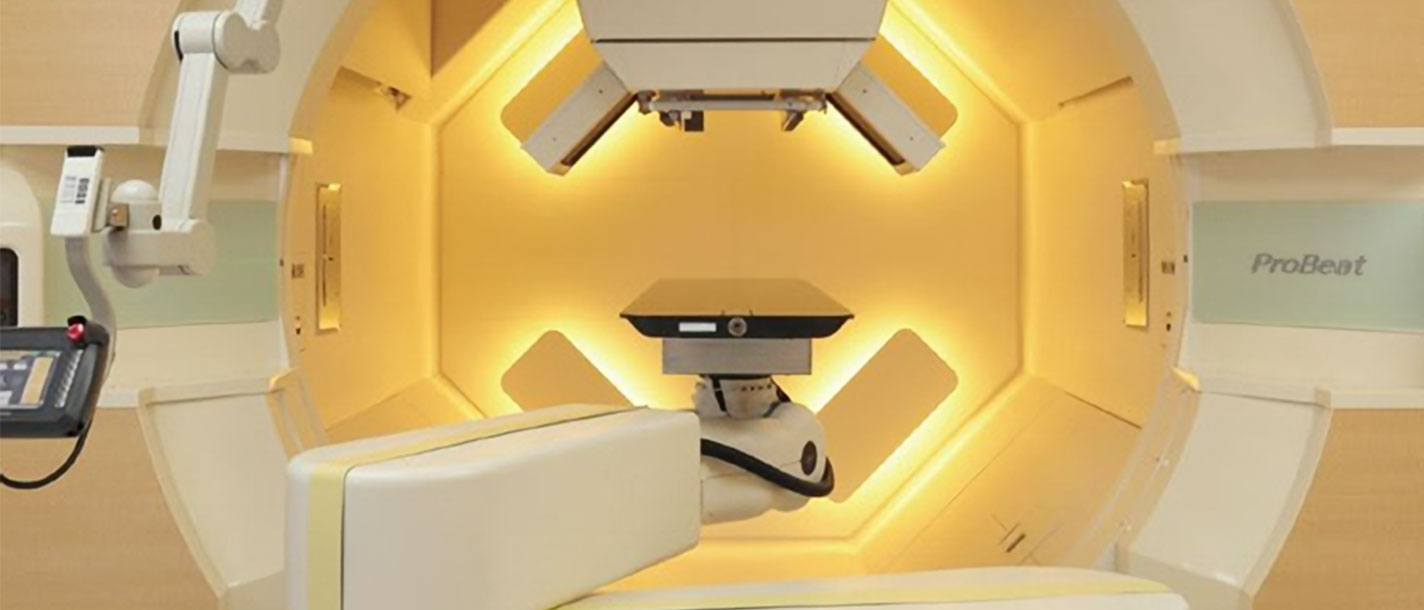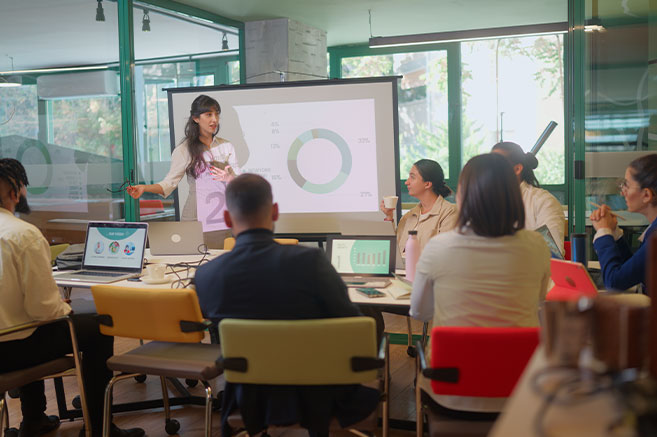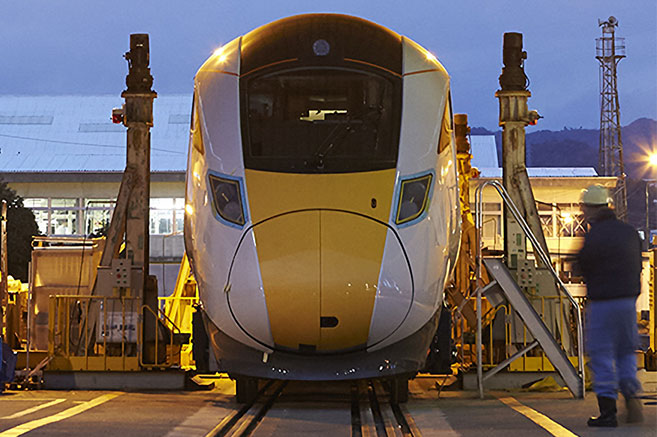-
Products & Solutions
- View Products & Solutions
- Digital
- Energy
- Mobility
- Industry
- Measurement & Analytical Systems
- Healthcare
- Building Systems
- About Us
- Newsroom
-
Investor Relations
- View Investor Relations
- Hitachi at a glance
- Management Policy
- IR News
- IR Library
- Financial Information
- Stock and Bond Information
- Sustainability
- Careers



